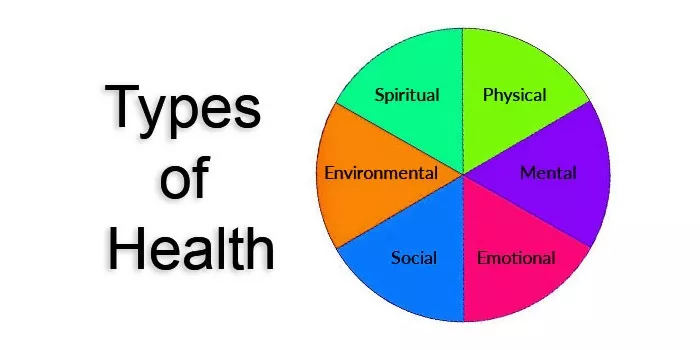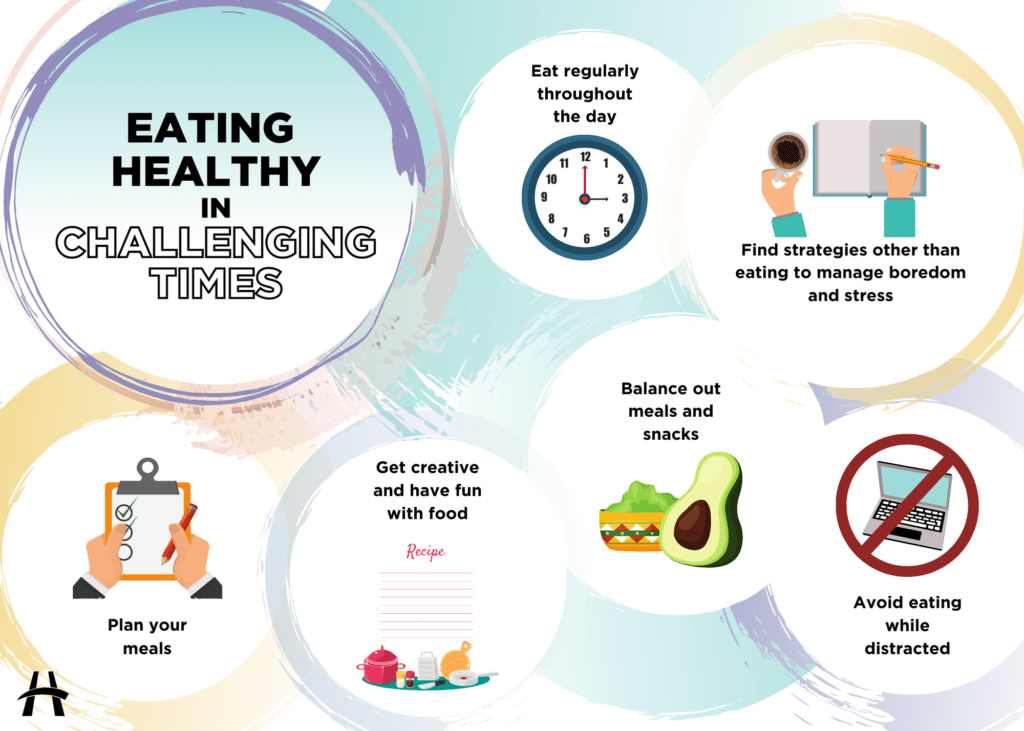What is Health ? Benefits of Social Health ! Type of Health
What is Wellbeing ?
Health is a state of total physical, mental, and social well-being and not simply the nonappearance of infection or ailment. It envelops different aspects:
Physical Wellbeing: The condition of your body, counting everything from wellness and nourishment to the nonattendance of illness and injury.
Mental States of being: A state of well-being in which an person realizes their claim capacities, can adapt with the typical stresses of life, work beneficially, and is able to make a commitment to their community.
Social Wellbeing: The capacity to shape fulfilling interpersonal connections with others and to adjust comfortably to diverse social circumstances and act suitably in different settings.
Health is affected by a run of variables, counting hereditary qualities, environment, way of life choices, and get to to healthcare. Keeping up great wellbeing includes a adjusted count calories, standard work out, satisfactory rest, stretch administration, and preventive measures like immunizations and normal therapeutic check-ups.
Type of Health
Physical Health:
Mental Health:
Social Health:
Emotional Health:
Spiritual Health:
Environmental Health:
Occupational Health:
Intellectual Health:
Financial Health:
What Almost Physical Wellbeing ?
Nutrition
Exercise
Sleep
Hydration
Hygiene
Preventive Care
Avoidance of Destructive Behaviors
Stress Management:
Weight Management
Regular Therapeutic Care
What is Mental Wellbeing ?
Mental wellbeing alludes to a person’s enthusiastic, mental, and social well-being. It influences how people think, feel, and act, and it impacts how they handle push, relate to others, and make choices. Mental wellbeing is pivotal at each organize of life, from childhood and puberty through adulthood. Key perspectives of mental wellbeing include:
Emotional Well-being:
Importance: The capacity to get it, oversee, and express feelings in a sound and beneficial way.
Healthy Hones: Self-awareness, passionate control, compassion, and resilience.
Psychological Well-being:
Healthy Hones: Positive self-image, problem-solving abilities, adapting instruments for push, and a sense of purpose.
Social Well-being:
Importance: Includes the capacity to frame and keep up solid connections and adjust to social environments.
Healthy Hones: Viable communication, building and keeping up connections, social bolster systems, and community involvement.
Components of Mental Health
Emotional Regulation:
Definition: The capacity to oversee and react to passionate encounters in a sound manner.
Healthy Hones: Mindfulness, cognitive behavioral methodologies, and enthusiastic expression through inventive outlets.
Stress Management:
Definition: Strategies to oversee stretch in a sound way, diminishing its negative impact.
Mental Illness:
Healthy Hones:! Early location,! proficient, treatment, pharmaceutical), and back from cherished ones.
Resilience:
Definition: The capacity to bounce back from misfortune, injury, or critical stress.
Healthy Hones:! Creating adapting procedures, building solid connections,! keeping up a positive outlook,!.
Cognitive Functioning:
Definition: Mental forms included in picking up information and comprehension, counting considering, knowing, memory, and problem-solving.
Healthy Hones: Locks in in rationally invigorating exercises, deep rooted learning, and keeping up a solid lifestyle.
Self-Esteem and Self-Compassion:
Definition: One’s sense of self-worth and the capacity to treat oneself with thoughtfulness and understanding.
Healthy Hones: Positive self-talk, self-care schedules, and challenging negative thoughts.
Work-Life Balance:
Healthy Hones: Setting boundaries, prioritizing assignments, and guaranteeing time for unwinding and hobbies.
Community and Social Support:
Definition: The organize of connections and assets accessible to an person that give enthusiastic and viable assistance.
Healthy Hones: Building and keeping up solid social associations, partaking in community exercises, and looking for bolster from companions, family, or back groups.
What is Social Wellbeing ?
Social wellbeing alludes to the capacity of people to frame and keep up solid, important connections with others, viably explore social situations, and contribute to their communities.
Key Angles of Social Health
Interpersonal Relationships
Communication Skills
Social Support
Community Involvement:
Adaptability
Cultural Competence
Benefits of Social Health
The benefits of social wellbeing are broad and affect different viewpoints of an individual’s by and large well-! being. Here are a few key benefits:
- Made strides Mental Health
Reduced Stretch and Uneasiness:! Social bolster can give passionate consolation and viable help amid unpleasant times,! making a difference to decrease push and uneasiness levels.
Decreased Chance of Misery: Solid social associations can offer assistance avoid sentiments of forlornness and separation, which are critical hazard components for depression.
Enhanced Self-Esteem: Positive social intuitive can boost self-esteem and certainty through approval, support, and acceptance.
- Way better Physical Health
Stronger Safe Framework: Social engagement and bolster can lead to superior resistant work, decreasing the chance of illnesses.
Lower Hazard of Inveterate Infections:! Individuals with solid social systems are more likely to lock in in solid behaviors,! diminishing the chance of conditions such as heart illness,! tall blood weight, and obesity.
Increased Life span: Ponders have appeared that people with vigorous social associations tend to live longer lives.
- Improved Passionate Well-Being
Greater Joy:! Positive social intelligent can increment sentiments of joy and by and large life satisfaction.
Better Adapting Abilities: Social bolster gives a buffer against life’s challenges, making a difference people adapt more successfully with difficulty and bounce back from setbacks.
Sense of Having a place: Being portion of a community or social gather cultivates a sense of having a place and reason, which is imperative for passionate health.
- Progressed Cognitive Functioning
Mental Incitement: Social intelligent can keep the brain locked in and rationally invigorated, diminishing the hazard of cognitive decrease and dementia.
Learning and Development: Locks in with others uncovered people to modern thoughts, viewpoints, and information, advancing nonstop learning and individual growth.
- Improved Social Skills
Better Communication: Normal social interaction makes a difference make strides communication aptitudes, counting tuning in, compassion, and struggle resolution.
Increased Sympathy: Connection with different bunches and people cultivates sympathy and understanding, improving social cohesion and relationships.
- More grounded Relationships
Deepened Associations: Reliable social interaction makes a difference construct and keep up solid, significant connections that give passionate and viable support.
Social Arrange Development: Locks in in different social exercises can grow one’s social organize, making unused openings for back and collaboration.
- More prominent Community Involvement
Civic Engagement: Socially sound people are more likely to take an interest in community exercises and volunteer work, contributing to the well-being of their community.
Collective Well-Being:! Solid social bonds inside communities can lead to made strides social cohesion,! security,! and in general quality of life for all members.
- Upgraded Work-Life Balance
Supportive Work Environment: Positive social connections in the work environment can lead to a more steady and collaborative work environment, lessening work-related stress.
Increased Work Fulfillment:! Solid social ties with colleagues can increment work fulfillment and generally working environment bliss.
Related:
Share this content:














1 comment